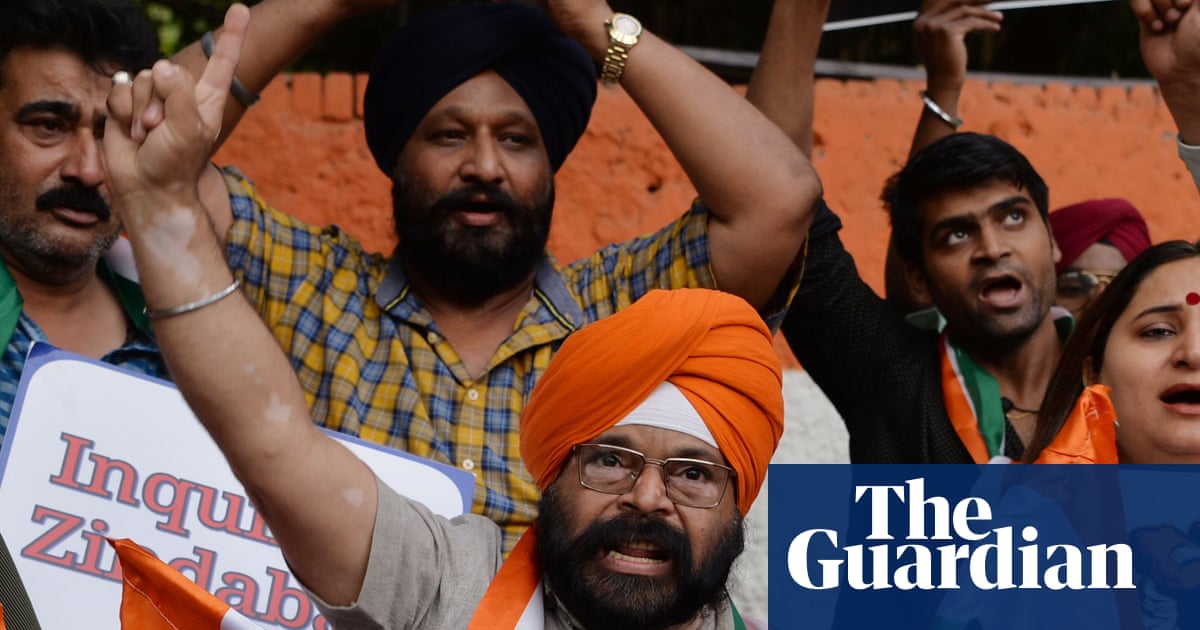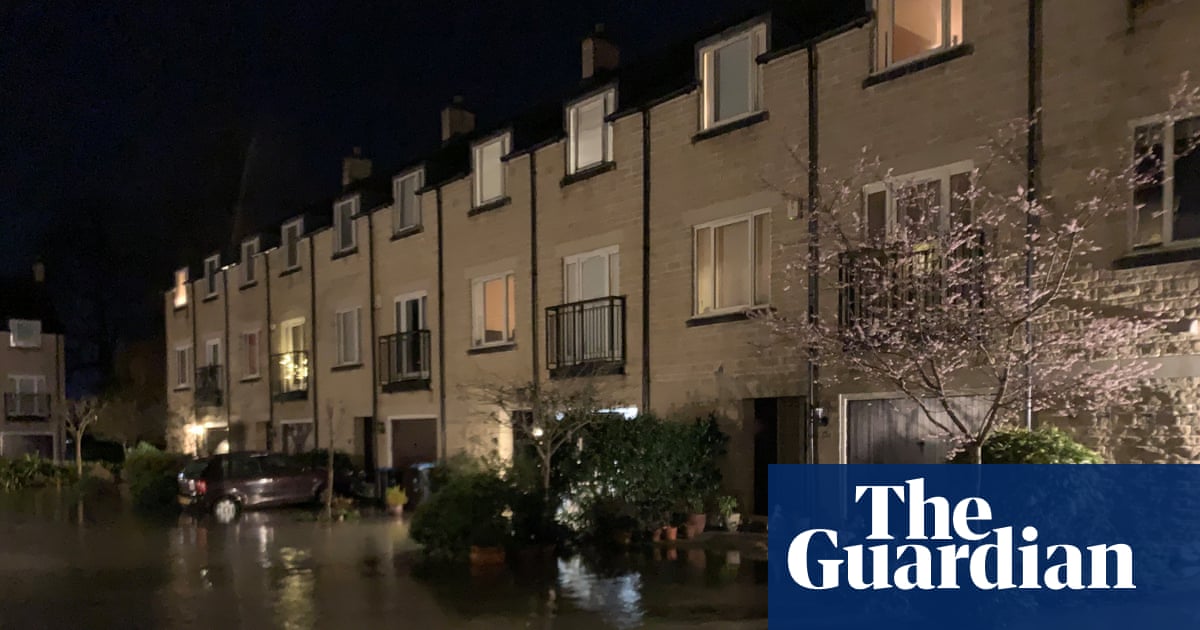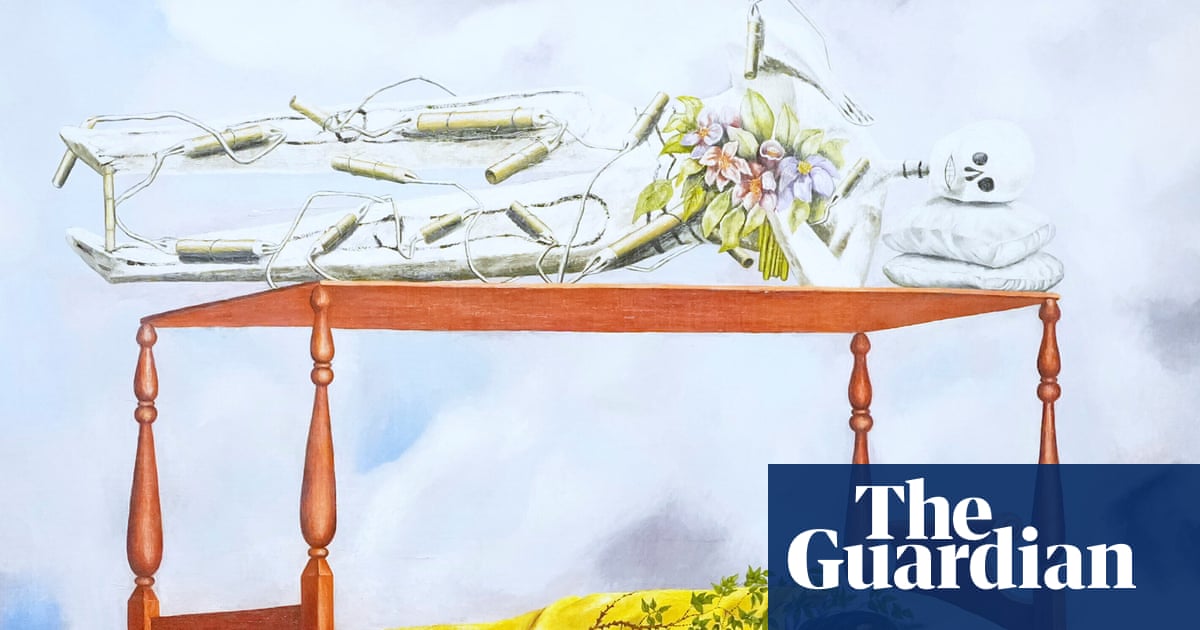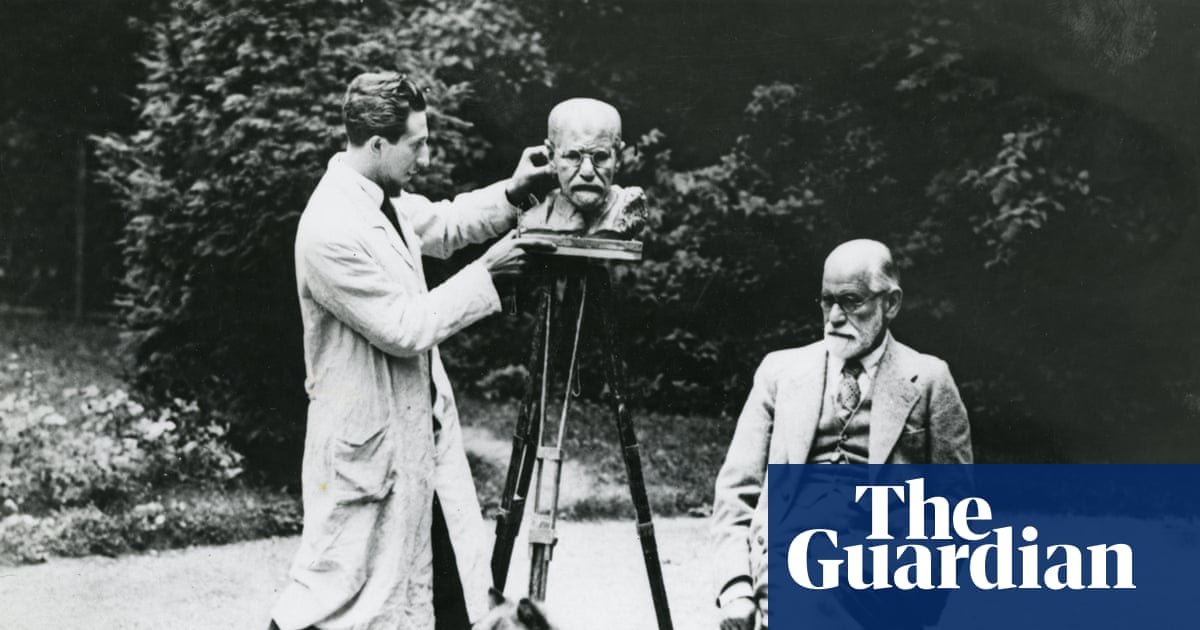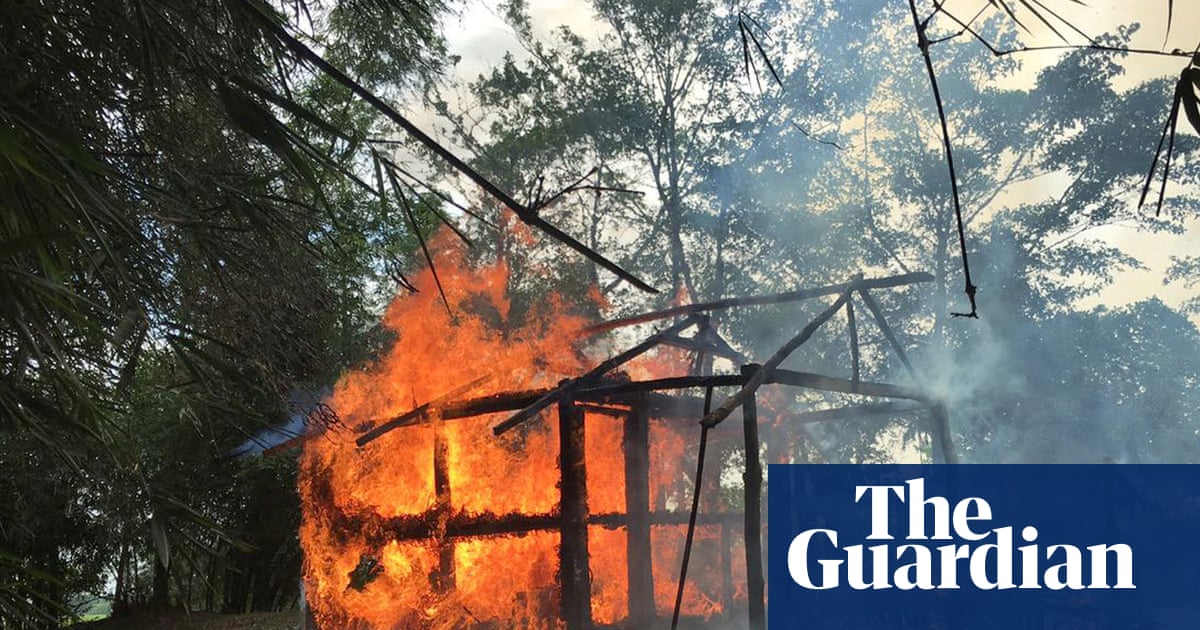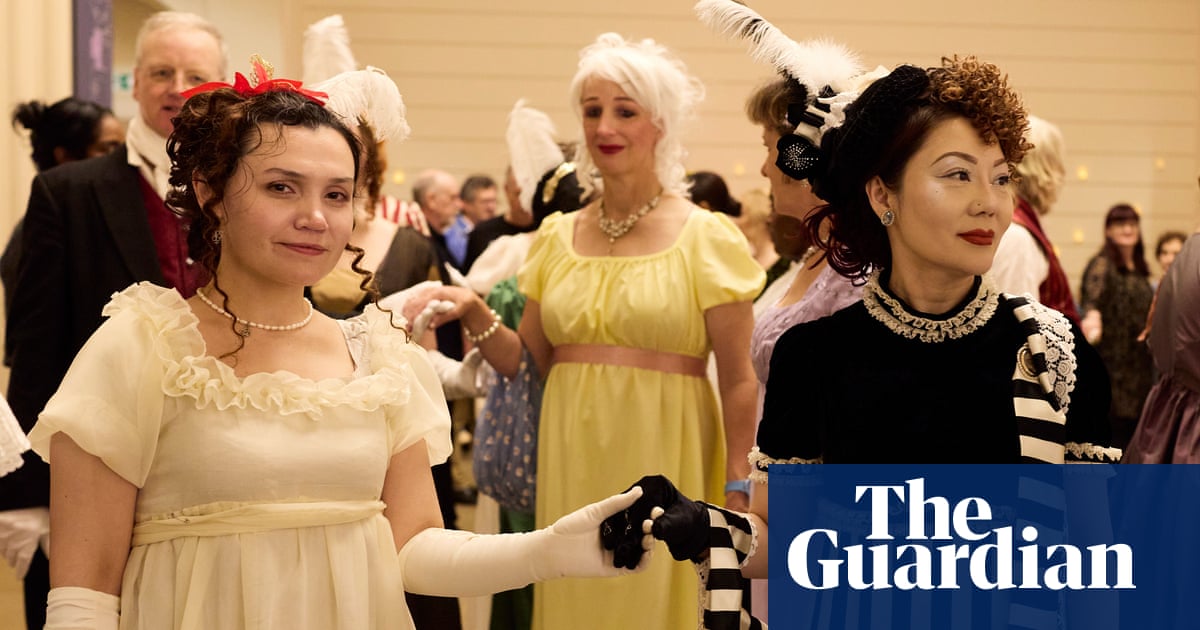I don’t learn about music from record shops or curated playlists. I discover it on muddy football pitches in east London, with the smell of chips drifting from the van at half-time; in rented cricket halls in Bradford where there is always a giant urn of tea bubbling in the corner. The sounds that have shaped me as a Black British person aren’t designed by algorithms or commissioned by labels. They come from battered speakers balanced on trestle tables, bhangra basslines rattling the walls of community centres in Southall and WhatsApp threads buzzing long after everyone has gone home.
I remember attending a Somali football league in east London where the match ended but no one left. The players, still in muddy boots, piled into the clubhouse to eat rice from foil trays while a DJ wired up his decks at the side of the pitch. The final whistle had barely faded before Sneakbo’s The Wave ripped across the park, the chorus bouncing off the goalposts like an anthem and propelling players and families to move. A few weeks later, in Bradford, I was in a cricket club that had become a bhangra night. Aunties juggled trays of samosas and paper cups of tea as the floor shook to the pounding rhythm of British-Asian bhangra pioneers Alaap’s take on traditional Heer Ranjha, a song older than most of the crowd but carried with fresh force through second and third-generations. It wasn’t glamorous, but it was unforgettable. And here, too, the loop revealed itself. Sport gathered the people, music deepened the connection, and that connection made space for the next track, the next party, the next young talent.
I also remember the first time a track reached me through a WhatsApp group that no algorithm would ever find. A cousin in Birmingham forwarded me a digitised cassette of Hasan Cihat Örter’s Sevgiye Zaman Ver, a Turkish instrumental that sounded as if it had been recorded underwater. The file had been passed from uncle to uncle across three countries before it landed in my phone. By the end of the week, it was soundtracking a Sunday league after-party in Walthamstow. That single song created a thread of conversations, remixes and even a teenager trying to sample it for a drill track.
TikTok and Spotify may shape music popularity, but virality doesn’t just exist online. My phone is always pinging with new music from outside the algorithm and across the diaspora. Aunties send gospel remixes with laughing emojis, cousins drop raw Warsaw drill tracks such as Lola by Żabson and friends digitise Somali oud tapes that are not on any streaming platform. Within hours, a playlist builds itself out of scraps, memes and masterpieces. It is chaotic, but it is magic.
What excites me most about these digital and real-life spaces is how generative they are, a cycle of care and creativity that the official industry cannot replicate, no matter how much data it crunches or how many trends it tries to chase. These networks recycle energy and form their own kind of musical infrastructure. Aunties book DJs to raise money for sports kit, then the cricket fundraiser doubles as a rave. Kids test their first bars at the end of a match and get cheers from a crowd who know their names. The applause gives them confidence to come back with another verse, another set, another story.
And in a Britain where public spaces are shrinking and funding for youth centres and the arts gets cut year after year, these grassroots networks feel like resistance. They are proof that joy cannot be legislated out of existence. People will always find ways to gather, to dance, to share songs that make them feel alive.
Yet too often, these diasporic exchanges and cultural networks are pushed to the margins of Britain’s mainstream music narrative. Despite their energy and influence, they rarely receive the same visibility or institutional support as other scenes that emerge with commercial polish or industry connections. Instead they are written off as niche or “local”, even as their sounds quietly shape the pulse of British music. That neglect matters, because it speaks to whose voices are amplified as part of the national story, and whose contributions are left unheard. For me, these networks are the reason I fell in love with music in the first place. They show me that you do not need slick studios or industry backing to build something that matters. You just need a room, some speakers, a crowd, and the will to keep going.
after newsletter promotion
So if you ask me where the future of British music is being written, I will not point to TikTok or Spotify. I would point to the Morley’s fried chicken shops lit up after midnight, dancehall spilling from a car parked outside. The school sports days in east London where a Bluetooth speaker sneaks in under the teacher’s desk and suddenly the whole class is moving. The community centres that smell of carpet cleaner and curry where a DJ plugs into a socket that barely works. The football pitch that turns into a dancefloor once the floodlights go out. Because in these spaces, music and community do not just coexist. They create each other, over and over again. The future of our music is not written by algorithm. It is passed hand to hand, speaker to speaker, pitch to pitch.

 3 months ago
92
3 months ago
92

